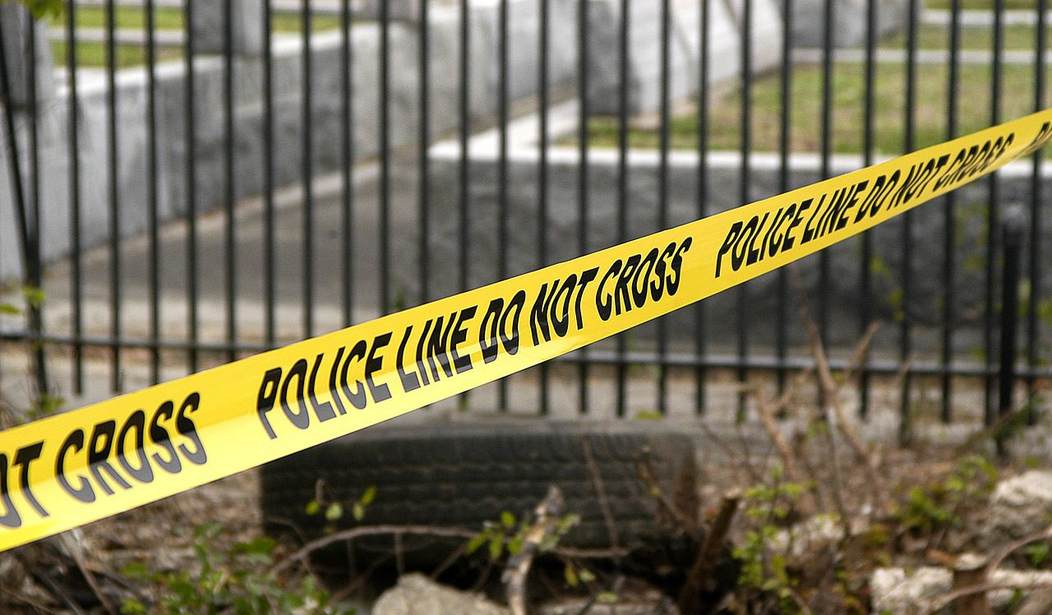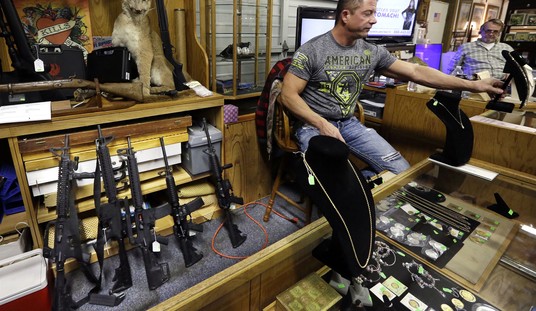Here in the United States, we’re told that a mass shooting is happening just about every day. While that’s not really true–the definition being used to arrive at that number is completely and totally suspect, to say the least–but we do see far too many.
Many here in the US argue this is a uniquely American issue, ignoring the plethora of shootings that take place all over the world.
Denmark, for example, experienced a horrific shooting in July of this year. Three people were killed in a nation that we’re told this just doesn’t happen in.
But what’s interesting isn’t that Denmark had a mass shooting. Those can happen anywhere, as we’ve seen repeatedly. No, what’s interesting is how they responded.
Home to some of the strictest gun laws in Europe, the shooting left many wondering what the Danish government would do to prevent similar tragedies from happening again.
However, unlike in the United States, that debate has not focused on whether the government should impose further gun restrictions but rather on treating the mentally ill.
Not long after the July 5 shooting, Danish law enforcement revealed the shooter was suffering from a mental illness. He even attempted to get help through a psychiatric support line shortly before the incident, according to public broadcaster DR. The man also allegedly posted multiple videos on social media one day before the shooting, posing with weapons while talking about psychiatric medication “that does not work,” according to the Local DK.
…
While no major action has been publicly taken or discussed on new restrictions, a task force organized by the Capital Region in Denmark investigated failings in the nation’s psychiatric treatment of the July shooter.
On Oct. 11, the task force revealed that while there are areas the Ministry of Health can improve in future treatment, such as increased use of violence risk screening among outpatients and more systemic assessments on the side effects of medication, it remains unclear if had those measures been in place whether the shooting could have been avoided.
As Denmark looks to solve the problem of gun violence at its root cause, some gun rights activists have suggested the U.S. could learn from the debate.
Indeed we could.
When we look at mass shooters, we tend to see a few things pop out. Most shooters are the product of broken homes, for one thing, but even more often, they’ve got a history of mental health issues.
Now, it’s important to clarify here. Not everyone who suffers from depression is a potential mass murderer. In fact, mass shootings are actually fairly rare, even here in the US where most admit they’re still too common for anyone’s comfort. If the simple presence of a mental illness were enough to trigger such a thing, we’d be seeing them so often we wouldn’t have national coverage of them. It would just be called “Tuesday.”
Yet there’s been pretty much zero real discussion about our mental health system when that seems to be the unifying thread among actual mass shooters.
I’m a big fan of preventing mass shootings before they’re even planned. That means attacking the source, which in this case means attacking the mental health issues that lead to mass shootings. We need to study those who have been arrested, learn what problems led to them taking those awful steps to kill innocent people, then we’ll know what to watch out for in the future.
Once we know that, we can treat these people before they become killers and hopefully prevent these atrocities from happening.
Or we can just keep having the gun control debate, maybe even pass some gun control laws, and watch this stuff keep on happening in spite of all that.








Join the conversation as a VIP Member